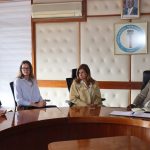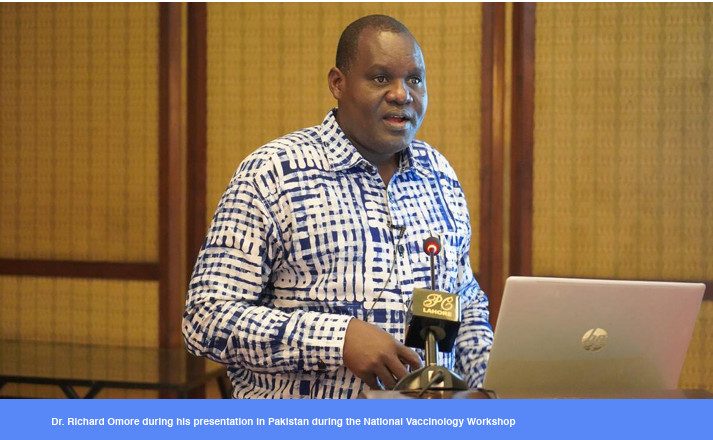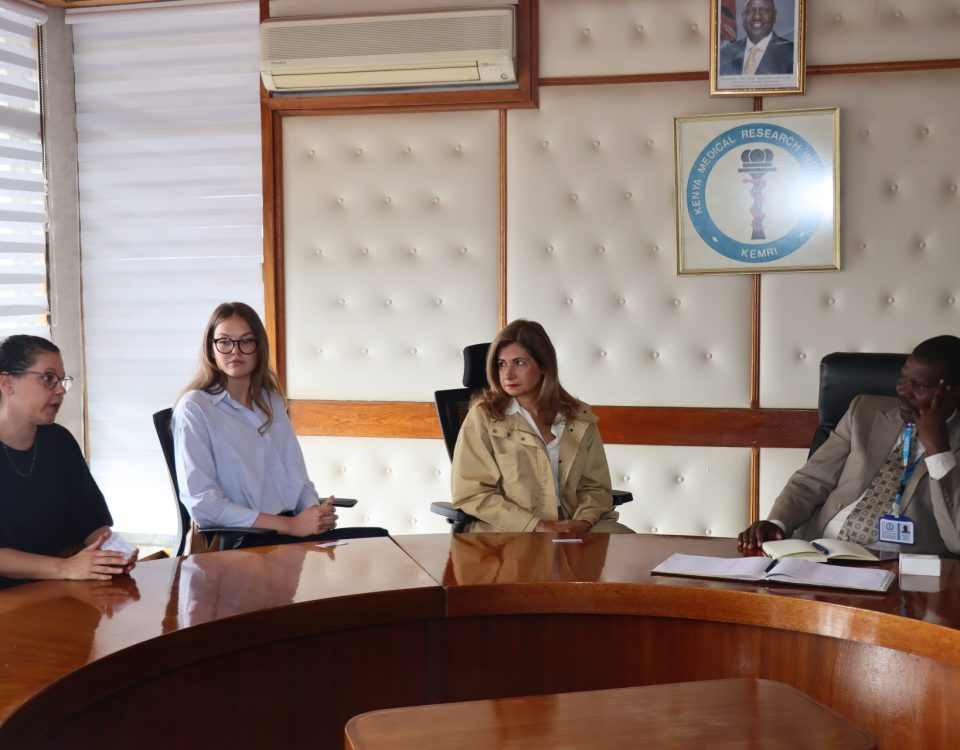
KEMRI Advances Global Fight Against Diarrheal Diseases with Shigella Vaccine Trials
September 10, 2025KEMRI Experience Offers Vital Lessons as Pakistan Struggles to Boost Childhood Vaccination

By KEMRI Bulletin Writer
As Pakistan battles to close its immunisation gaps with more than one million children still missing routine vaccines, global health experts are turning their eyes to Kenya’s journey through similar challenges.
On Monday, a week-long National Vaccinology Workshop opened at Lahore’s Pearl-Continental Hotel in Parkistan, bringing together scientists, policymakers, and development partners to examine strategies for strengthening immunisation systems. The forum, which ended on Friday, 4th, September 2025 focused on operational bottlenecks, vaccine hesitancy, and the unfinished fight against poliovirus.
Among the keynote speakers was Dr. Richard Omore, a Kenyan epidemiologist affiliated with the Institute’s Centre for Global Health Research (CGHR) in Kisumu, who shared Kenya’s hard-won lessons on vaccine sustainability. He pointed to Kenya’s experience as the country transitions from Gavi’s income threshold, losing donor support and facing critical vaccine shortages.
“Transition is not just about procurement,” Dr. Omore told participants. “It requires governments to plan ahead, secure domestic financing, and maintain robust surveillance systems. Otherwise, hard-earned gains can quickly unravel.”
Kenya’s painful vaccine shortages in the post-Gavi phase forced the government to mobilise local resources at short notice, but KEMRI and its partners have since helped rebuild trust in immunisation programmes by documenting and communicating their impact. For example, surveillance of pneumococcal and human papillomavirus (HPV) vaccines has provided concrete evidence of reduced disease burden, strengthening public confidence.
Pakistan is currently Gavi’s largest beneficiary under its strategic phases 4.0 and 5.0, but experts warn the country must begin planning for life beyond donor support. Dr. Omore stressed that Pakistan’s current window of international funding is an opportunity to design resilient systems that will not collapse once external aid tapers off.
The workshop’s opening sessions traced the global history of vaccines, their science, and the enormous cost of development. As Prof. Asad Ali reminded the audience, “Antibiotics and vaccines remain modern medicine’s greatest life-saving interventions. But vaccines, given mostly to healthy people, must meet the highest safety standards, making them expensive to produce and slow to reach poorer countries until global partnerships stepped in.”
Those partnerships, including the Expanded Programme on Immunisation and Gavi, the Vaccine Alliance, have dramatically expanded access since 2000. Yet, as a fresh poliovirus case was reported on Monday in Pakistan’s Tank district, raising this year’s tally to 24, health officials acknowledged that access alone is not enough. Public trust, community engagement, and seamless delivery systems remain decisive factors.
Pakistan is also preparing to roll out its first HPV vaccination campaign with support from the World Health Organisation, but experts have urged vigorous advocacy to overcome social and cultural hesitancy.
For Kenya, KEMRI’s work has underscored the value of linking science with policy. By tracking vaccine effectiveness and engaging communities with evidence, Kenya has navigated past crises and begun charting a more sustainable path.
The message for Pakistan is clear. While donor funding provides a critical lifeline, long-term success depends on national ownership, strong surveillance, and the political will to invest in children’s health.

